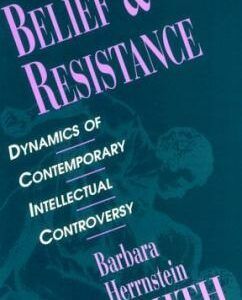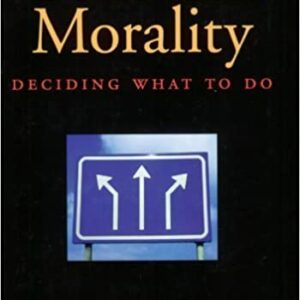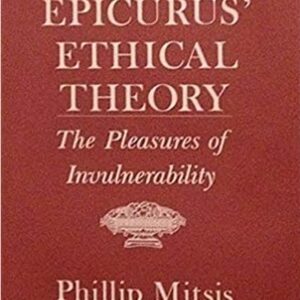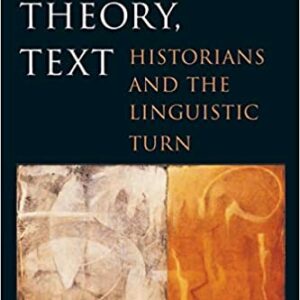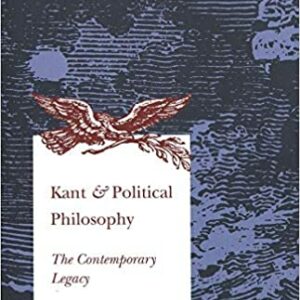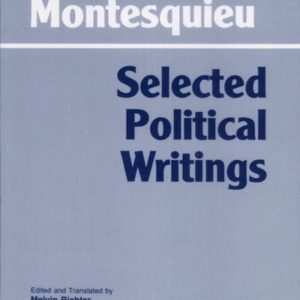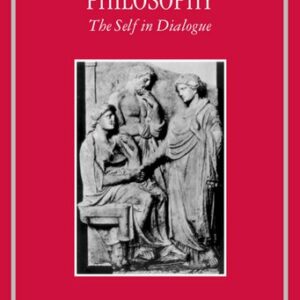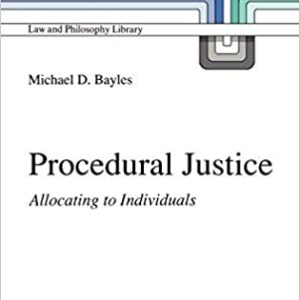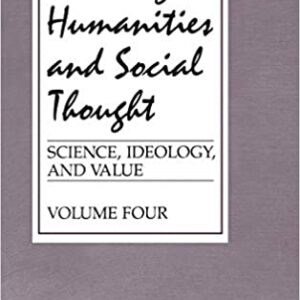
African Philosophical and Literary Possibilities: Re-reading the Canon
Edited by Aretha Phiri (NHC Fellow, 2018–19) Recognizing philosophy’s traditional influence on—and literature’s creative stimulus for—sociopolitical discourses, imaginations, and structures, African Philosophical and Literary Possibilities: Re-reading the Canon, edited by Aretha Phiri, probes the cross-referential, interdisciplinary relationships between African literature and African philosophy. The contributors write within the broader context of renewed interest in and … Continued
